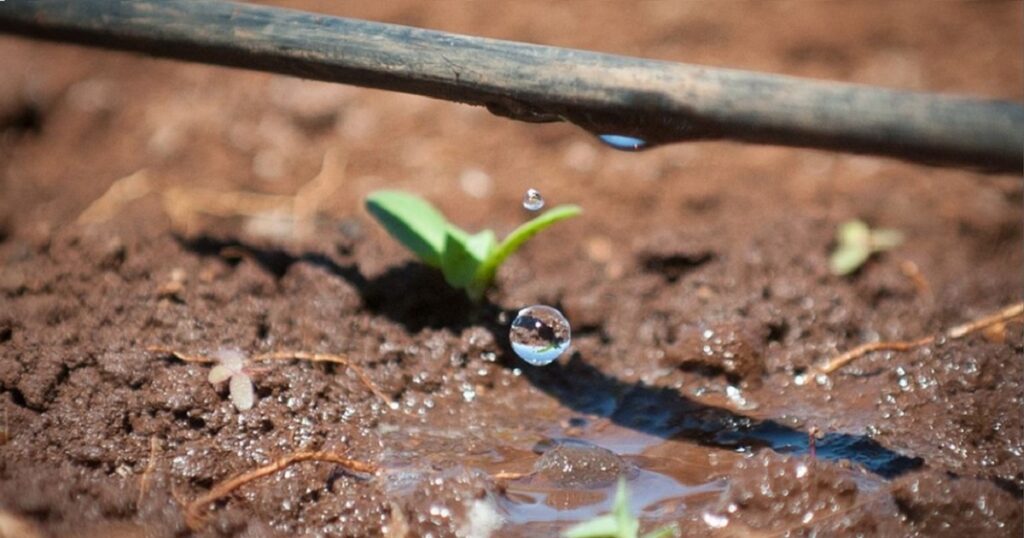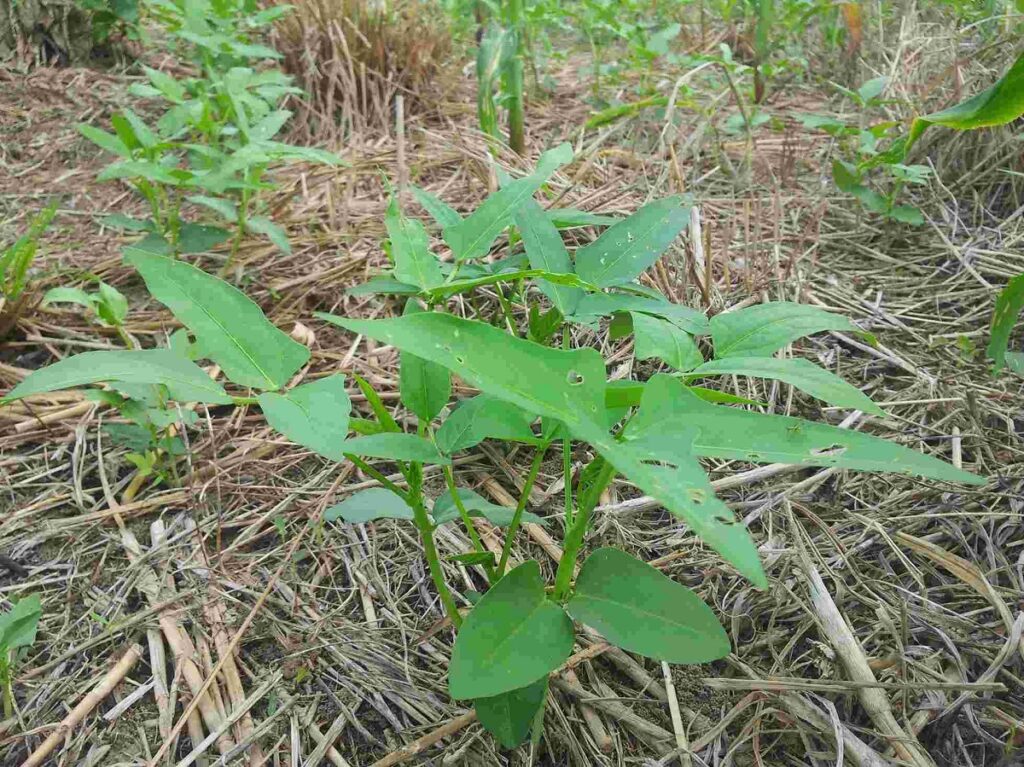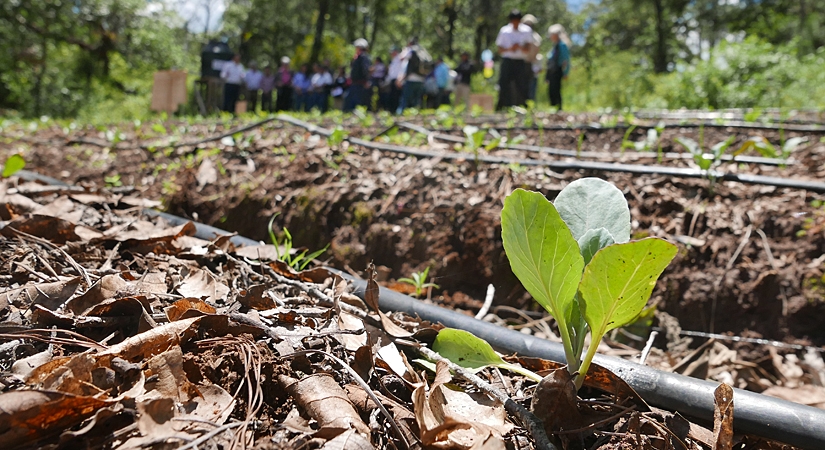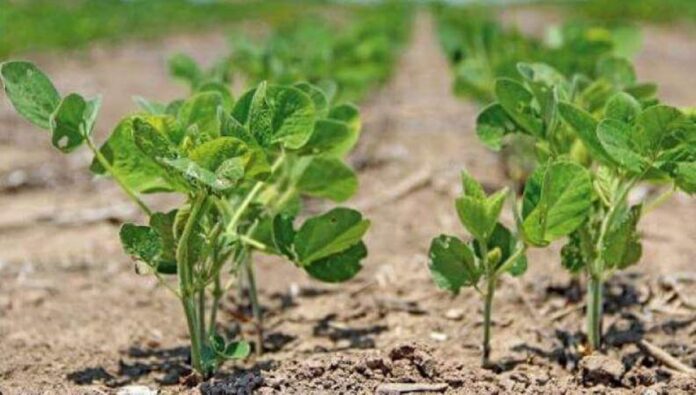It’s another season. You are probably done with the budgeting and financial allocation for this season’s cropping. Of all the items on your plan, rain is the only thing you may not be so certain of. Must cropping always be a bet, and a risky one for that matter when it comes to rain?
There must be adequate water for our crops to ensure your thousands of money do not become another betting disaster. The key to the success of most crop farms in Africa is rain.
- Will it rain this season? It does most of the time.
- Will the rain be enough? That is the question.
For many short-term crops like maize, cowpea and most vegetables, water is very critical. Whether it rains enough or too much.
I present, 3 things you can do and how to do them to be sure we get adequate water for crops.
1. Use Irrigation
Irrigation is the artificial process of applying controlled amounts of water to land to assist in the production of crops. (Wikipedia)
Read also: 8 Key Factors in Choosing the Best Irrigation Method or System
This is one of the ways to ensure adequate water for crops throughout the season. It is relatively cheap considering the returns over a period. There are several types of irrigation. You may choose which is good for you depending on the crop you are cultivating. For most vegetables, I recommend drip irrigation. If you have a permanent source of clean water, about GHC6000.00 could get you the setup for an acre. With this or other forms of irrigation in place, rain becomes less of a worry. You also get to regulate the amount of water needed by the plants. you can’t that with the rains.

2. Apply Conservation Agriculture (CA)
Conservation Agriculture (CA) is a set of soil management practices that minimize the disruption of the soil’s structure, composition and natural biodiversity. (Cornell University College of Agriculture and Life Sciences)
Read also: Conservation Agriculture (CA): The Secret to Increase yields and improve farmlands
The practice has very profound benefits that ultimately improves crops development. One of them is water conservation. CA ensures good soil structure, enough organic matter and enough organic material on the surface of the soil. In this case, the little rain that falls is conserved for a longer period for the use by the crops.
CA practically cost nothing to implement.

3. Combine irrigation with Conservation Agriculture
This is an ideal practice. Applying conservation agriculture will reduce the cost of irrigation. This is how it works. CA principles ensure the soil structure is improved with enough organic matter which helps in water retention. This means the irrigation water will stay longer in the soil for the crop to use. Moreover, allowing enough soil cover by way of organic materials on the surface also reduces the evaporation of the irrigation water from the surface of the soil.

In conclusion
For consistent results and benefits, consider the first three points, with the third being the most preferred. You can “pray” after implementing any of the points before.
Share with us how you manage your crop when there are no rains.


